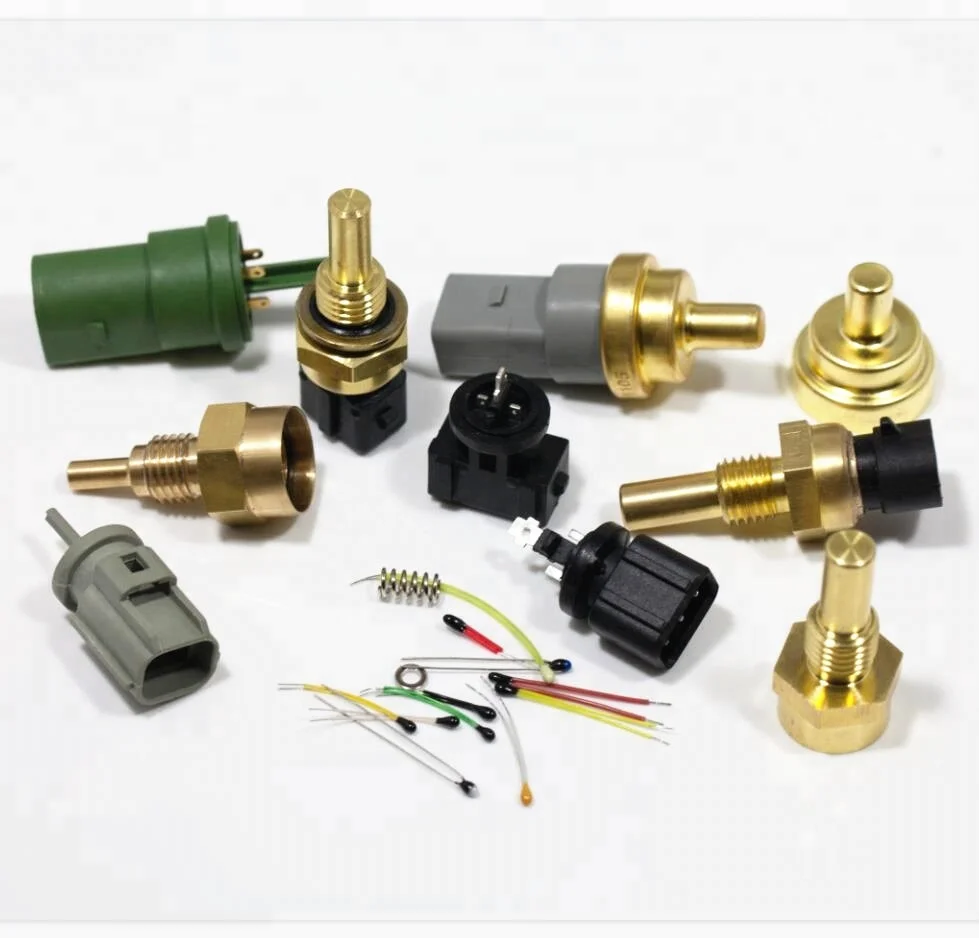Categories
Fluid Sensors for EV Thermal Management
April 27 , 2023On a macro level, thermal management of EV batteries goes beyond temperature sensors. When monitoring the health of an EV battery, leak detection is essential, whether the vehicle is charging or on the road. Leaks of any kind can directly affect the battery or the system that keeps its temperature in the right range for optimal performance.
1、Liquid coolant
Instead of circulating through the engine block like an internal combustion engine, the coolant is circulated in a closed loop around the battery pack, inverter, cabin, and possibly the motor of the electric vehicle to keep the temperature in the proper range of 15-45°C. The thermal management system allows the battery, inverter and motor to operate properly without overheating and triggering a power limit mode or shutdown.
Sensors required for testing: coolant level sensor, coolant leak sensor and coolant temperature sensor

2、Refrigerant
While all electric vehicles with air conditioning use refrigerant to keep the passenger compartment cool, some manufacturers use the same system to control the temperature of the battery pack. Using heat pump systems, refrigerant-based battery cooling comes in two forms: ① Direct, where refrigerant from the vehicle's air conditioning system flows through a series of cooling plates inside the battery pack. ② Indirect, in which coolant from the vehicle passes through panels cooled by the refrigerant.
Sensors required for testing: pressure sensor, temperature sensor, CO2 (R744) sensor
3、Insulating Oil
Dielectric oil cooling is a promising new battery pack thermal management system with excellent battery pack temperature control. Inside the battery pack, the cells are immersed in dielectric oil, which forms a closed circuit throughout the unit. This oil not only keeps the cells cool, but also suppresses thermal events.
Sensors required for testing: oil level/mass/dielectric sensors, oil temperature sensors

4、Electrolytes
When monitoring the battery health of an electric vehicle, measuring the presence of electrolyte leaks can help determine if the cells within the battery pack are failing due to aging or other stress conditions. These leaks typically occur only inside the battery case and cannot be observed outside the vehicle, so sensors inside the battery pack must be used to detect this event.
Sensor required for detection: electrolyte leak detection sensor
